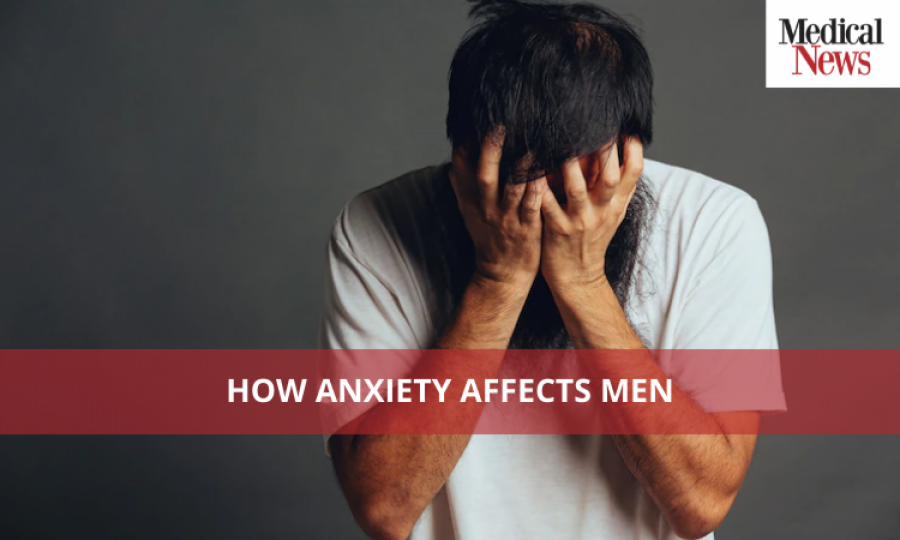How Anxiety Affects Men

Anxiety Among Men Increases All Over The Globe
Anxiety is one of the most common mental health conditions. It affects nearly every other person irrespective of gender and age. Men suffer from anxiety in the same way women do. The difference lies in the way they express their anxiety and how they cope with it. The famous “Boys don’t cry” phrase has pushed the age-old narrative that men should not express their emotions freely or else they will be seen as sensitive or weak. A range of anxiety symptoms have been identified in the male population which include:
- Headaches
- Sweating
- Pounding heart
- Gastrointestinal problems
- Sleeplessness and fatigue
Types of anxiety disorders
Different types of anxiety disorders have been commonly found in men. For example:
- Generalized anxiety disorder (GAD)
- Obsessive-compulsive disorder (OCD)
- Panic disorder
- Post-traumatic stress disorder (PTSD)
- Social anxiety disorder (SAD)
Impact of Anxiety On Men
A lot of times anxiety in men goes undiagnosed because they tend to downplay their problems, thoughts, and emotions.
Men don’t usually reach out to talk about their feelings as they face societal pressure and are seen as “sensitive,” this can lead to a build-up of problems and sudden outbursts are expected. As statistics say that suicide in men is very common. This is evidence that even though quantitatively men suffer less from anxiety than women, they do not deal with it in an adequate manner.
Treatment
Thankfully anxiety can be treated in several ways and no one has to suffer alone with this condition. Mental health professionals are there to help men navigate through their depressive states. Moreover, mindful practices and keeping a close circle of good friends can have a huge impact. If some males express their anxiety in aggressive ways then anger management courses are there to help them choose good coping mechanisms. Medication, Cognitive Behavioral therapy, and support groups are additional tools in the management of anxiety disorders.
In conclusion, a man struggling with anxiety should see opening up about it as an act of valor, not a weakness. There is nothing wrong with suffering from anxiety and society understands that men can fall prey to the burden of social pressure as well. Identifying and validating this feeling in men is the first step toward a society free from frustrated and repressed men.
Trending
Popular
Sindh pledges vigorous action to prevent poliovirus transmission
-
PMA stresses health equity on World ...
04:08 PM, 9 Apr, 2024 -
Dow University’s new rabies vaccine ...
12:18 PM, 28 Mar, 2024 -
IRD role lauded in advancing ...
02:53 PM, 12 Mar, 2024 -
Over one billion people worldwide ...
09:48 AM, 5 Mar, 2024




